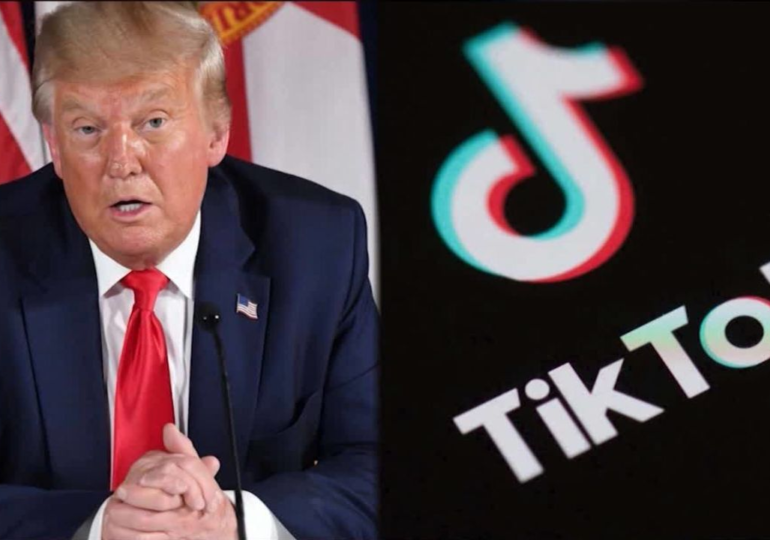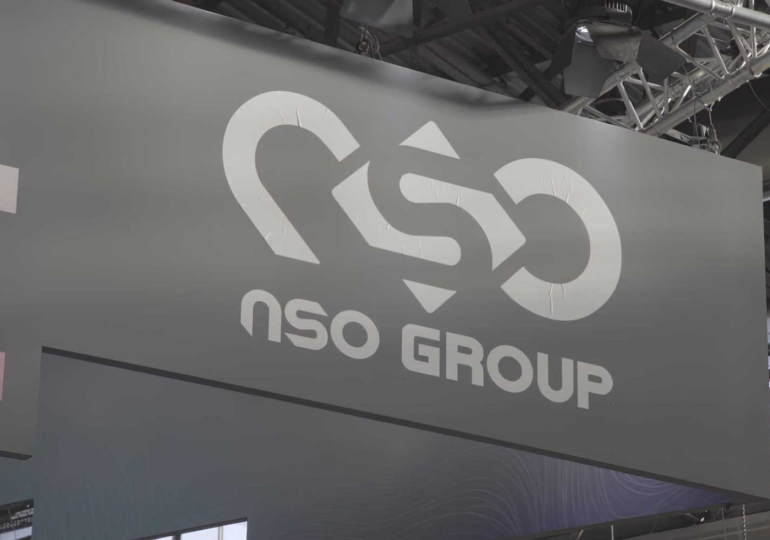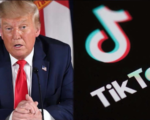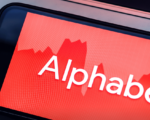Venture capitalists are selling shares of prominent AI companies like Anthropic and xAI to small investors through a bustling SPV market

Venture capitalists are eagerly seeking opportunities to invest in high-potential AI companies, often willing to pay substantial premiums for shares. Despite this enthusiasm, many VCs struggle to secure positions in these highly sought-after deals. In contrast, smaller, lesser-known investors, such as family offices and high-net-worth individuals, have discovered an alternative route to acquire shares in top private AI startups like Anthropic, Groq, OpenAI, Perplexity, and Elon Musk’s X.ai (makers of Grok).
These investors leverage special purpose vehicles (SPVs), which are collective investment structures where multiple parties pool their funds to gain a shared allocation in a single company. Typically, SPVs are created by investors who have direct access to shares in these startups. These investors then distribute part of their allocation to external backers, often imposing significant fees and retaining a portion of the profit (known as carry).
While SPVs are not a new concept—having been utilized by smaller investors for years—their successful use in securing shares from major AI companies has recently surged. This trend reflects how the most popular AI companies, aside from OpenAI, are relatively accessible to small investors through these mechanisms.
A key factor facilitating this access is the willingness of early backers in coveted AI startups to exercise their pro-rata rights, which allow them to purchase additional shares each time the company raises funds, thereby maintaining their ownership percentage. For SPVs, this is an ideal scenario. Instead of forfeiting shares due to financial constraints, early investors create SPVs, raise funds from external sources, and often charge extra fees for participation.
VCs typically offer SPV access to their existing limited partner investors but may also engage brokers to extend opportunities to a broader range of potential investors. Consequently, a single AI startup might have multiple SPVs on its cap table, each representing various small investors. However, the terms for each small investor can vary significantly depending on the specific SPV, creating a somewhat unpredictable, buyer-beware environment.
This evolving landscape demonstrates how smaller investors are creatively navigating the competitive arena of AI investments, capitalizing on SPVs to secure stakes in some of the most promising tech companies.













